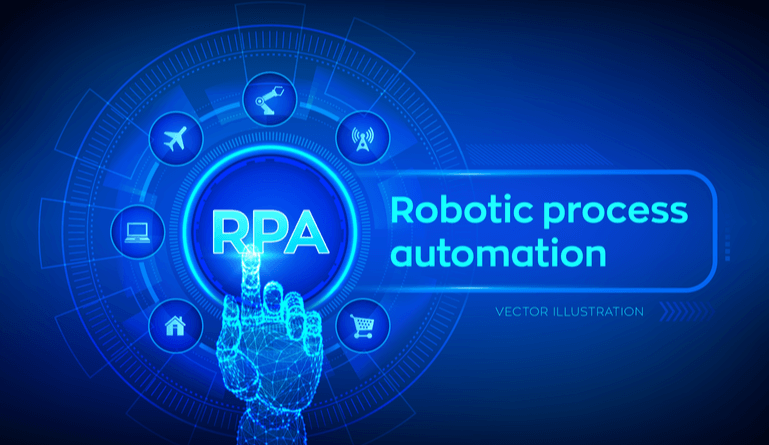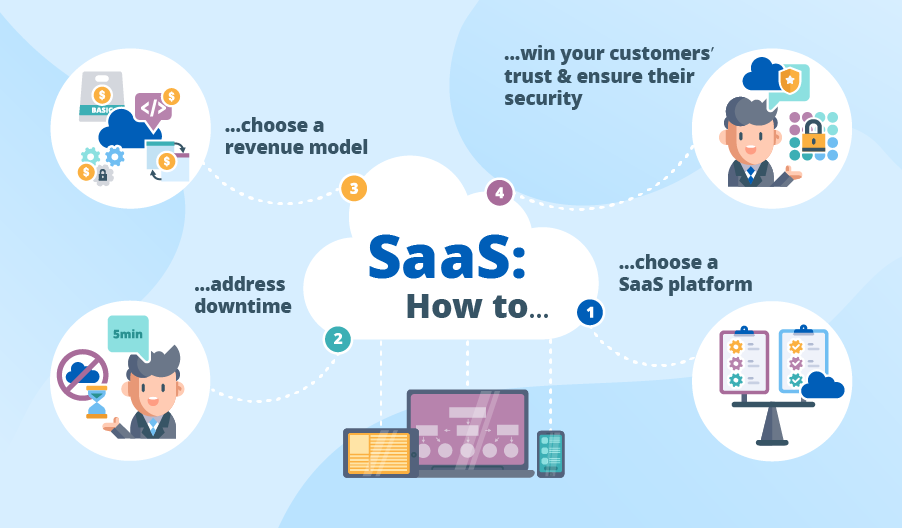Top Essential Skills for a Data Analyst

Organizations have realized the importance of data to drive their key decisions in the present world. With world slowly going digitized, the need for a certified professional who can offer meaningful insight to the constant stream of data soared.
Picture this:
In 2017 The Business-Higher Education Forum (BHEF) in association with PwC released a report titled Investing in America’s Data Science and Analytics Talent: The case for action.
The report projected a disparity between the educators’ expectations and the expectations of business executives in relation to the students’ preparedness on data science and analytics skills.
According to the report by 2021 about 70% of the US executives will prefer candidates with data skills, however, only about 23% of the educators are hopeful of their graduates possessing those skills.
Going by the above numbers, it is easy to gauge that the demand for certified data analysts will also increase as the digitization of the workplace continues.
For those aspiring a career in the field of data analytics, it is always good to acquire the skills before you start seeking the opportunities in that field.
Remember: the role of a data analyst comes with varied shades and this makes it really difficult to pinpoint which skills are important.
Some of the best data science courses in USA have been designed to cover most of the basic skills a data analyst professional might need in her career. These skills when mastered will prepare the students for data analyst roles in any industry.
So without any further ado, let’s have a look at some of the important skills for data analysts. The skills for a data analyst professional are a mix of technical and non-technical skills.
- Structured Query Language (SQL): SQL is one of the most important skill for a data analyst, as it is an omnipresent industry standard database language. Often considered as higher version of Excel, SQL can deal with huge datasets, which Excel is not able to.
- Microsoft Excel: There is definitely more to this digital spreadsheet. While it is unable to handle huge datasets, it is a mandate to learn this tool. Most of the startups and small companies still rely on it.
- Critical Thinking: Critical thinking plays an important role in figuring out whether the data received has any value to the business. In addition, it is always good to ask question yourself rather than relying on what is present or what exists in front of you.
- Python or R for statistical programming: Python or R or why not both? The programming languages forms the mainstay of big data and any big data professional worth her salt should be proficient either in one of these languages or both.
- Data Visualization: is an important skill else how will you present your findings. A Data analyst uses charts and graphs to showcase her findings. You can train on Tableau’s visualization software, as it is considered as an industry standard analytics tool.
- Machine Learning: Yes, it is a subset of AI but ML algorithms play an important part in data analysis as well. So if you are planning a data analyst career then machine learning is an important skill to master.
- Presentation skills: Strong presentation skills will allow you to present your findings in a way that non-technical person can also understand. So you need to work on it.
You can acquire these skills either through various programs available online or through some of the best data science courses that are designed specially to bridge the skills and demand gap in the industry, you can also up your learning curve through data analyst certification.
Why Data Analyst Certification?
It is a given that a certification is a third-party validated proof of your qualifications and skills, it usually is vendor-neutral and if you opt for a data analyst certification from the reputed credentialing bodies like ECornell, Coursera, and Data Science Council of America then you can be assured of a great start right from the word go!



